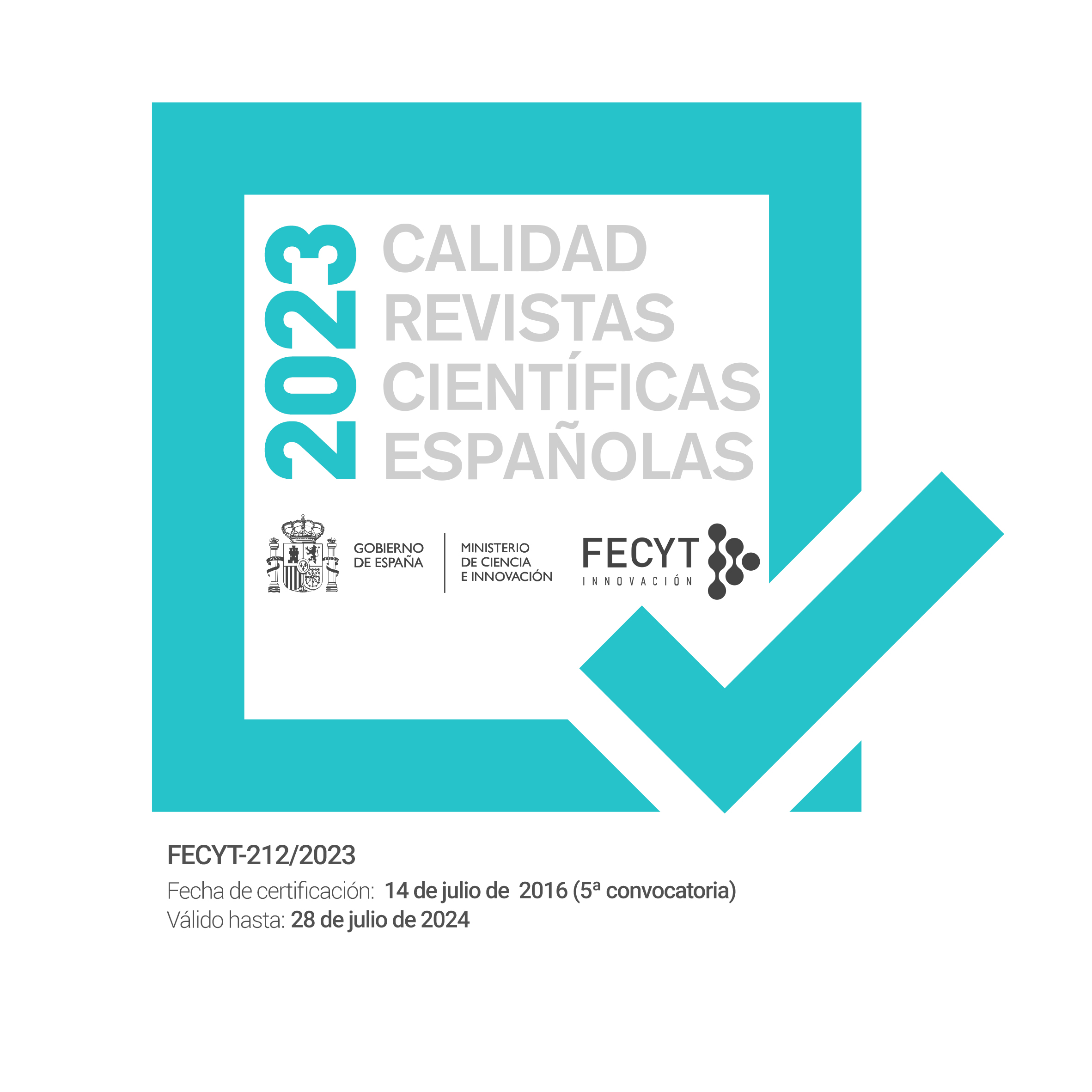Trasplante cardio-renal. Evolucion del injerto renal
IntroducciónLa mejora en las técnicas de conservación de órganos, quirúrgicas y en el tratamiento inmunosupresor ha permitido que los pacientes necesitados de un segundo órgano sean incluidos en lista de espera para trasplante bien sincrónico o asincrónico
ObjetivosRevisión de los resultados obtenidos en el trasplante renal (TxR) en pacientes con trasplante cardíaco (TxC) bien de forma sincrónica o asincrónica
Material y métodosEstudio retrospectivo de los pacientes con TxC y TxR realizados en nuestro Hospital. Se revisaron las características de los pacientes, causa del fallo cardíaco y renal, evolución del injerto renal y paciente así como las complicaciones del TxR
ResultadosEntre 1985 y 2006 realizamos 411 TxC, en 7 de estos pacientes (1,7%) realizamos 9 TxR, 2 sincrónicos y 7 asincrónicos. Los 7 pacientes eran varones con una edad media al TxC de 51,3±12,2 años (24-60); la causa del TxC fue miocardiopatía dilatada en 4 (57,2%), cardiopatía reumática en 1 (14,3%) y cardiopatía isquémica en 2 (28,5%). La edad al TxR fue 57,5±11,2 años (32-68); la causa de insuficiencia renal fue nefrotoxicidad por ciclosporina en 3 (33,3%), nefroangioesclerosis en 1 (11,1%), nefropatía intersticial crónica en 2 (22,2%), glomerulonefritis membranoproliferativa en 1 (11,1%) y nefropatía crónica del injerto en 2 (22,2%). Hubo 2 Tx sincrónicos en los cuales la isquemia fría renal fue de 4 horas, en 1 (50%) hubo diuresis inmediata; no hubo ninguna complicación relacionada con el injerto renal. En los 7 asincrónicos el tiempo entre el TxC y TxR fue de 105,9±51.8 meses (23 y 201meses); la isquemia fría renal fue 20,3±1,5 horas (18-22); hubo diuresis inmediata en 5 de ellos (71,5%). En 2 de ellos no hubo complicaciones, hubo 2 casos de rechazo agudo, 1 hematoma perirrenal, 1 infarto polar, 1 linfocele, 1 infección de herida, 1 infección de orina y 2 infecciones respiratorias. El seguimiento medio es de 52,2±33,9 meses (12-93); todos los pacientes viven con injerto funcionante con cifras de creatinina de 1,8±0,43 mg/100 (1,4-2,4). Los 2 injertos que se perdieron fue por nefropatía crónica del injerto a los 138 y 270 días. La pauta de inmunosupresión fue variable, siendo la asociación de micofenolato y tacrolimus con o sin esteroides la más repetida
ConclusionesEl fracaso renal crónico asociado a cardiopatías que precisen o hayan precisado TxC no excluye el trasplante de ambos órganos
Renal graft outcome in patients with combined heart-kidney transplantation
IntroductionImprovement in surgical and organ preservation techniques and immunosuppressive therapy has permitted multiorganic transplants in patients needing both heart and kidney organs in a synchronous or asynchronous way
ObjectivesTo review our results in renal transplants in those patients with both heart and kidney transplants
Material and methodsRetrospective study of the 7 patients with heart and kidney transplants performed in our Hospital. We have reviewed patients´ main characteristics, heart and renal failure causes, renal graft and patient outcome and complications related to renal transplant
ResultsBetween 1985 and 2006 we performed 411 heart transplants; in 7 out of those 411 patients (1.7%) we performed 9 renal transplants, 2 simultaneously and 7 non-simultaneously. All patients were male; their average age at heart transplant was 51.3±12.2 years (24-60); the causes of the heart transplant were dilated myocardiopathy in 4 cases (57.2%), rheumatic cardiopathy in 1 (14.3%) and ischemic cardiopathy in 2 (28.5%). The average age at renal transplant was 57.5±11.2 years (32-68); the causes of the end renal failure were cyclosporine nephrotoxicity in 3 cases (33.3%), nephroangiosclerosis in 1 (11.1%), chronic interstitial nephropathy in 2 (22.2%), membranoproliferative glomerulonephritis in 1 (11.1%) and chronic rejection in 2 (22.2%). In the 2 simultaneous heart-kidney transplants cold ischemia was 4 hours long, immediate diuresis was seen in 1 case (50%) and there were no complications related to the kidney transplants. The time between the heart and kidney transplants in the 7 non-simultaneous heart-kidney transplants was 105.9±51.8 months (23-201 months), cold ischemia was 20.3±1.5 hours (18-22) and there was immediate diuresis in 5 cases (71.5%); 2 patients had no complications, 2 cases had acute renal rejection episodes, 1 case of perirenal haematoma, 1 renal polar infarction, 1 lymphocele, 1 case of wound infection, 1 urinary infection and 2 pulmonary infections. Medium follow-up is 52.2±33.9 months (12-93); all patients are alive with functioning grafts with creatinine level of 1.8±0.43 mg/100 (1.4-2.4). Two renal grafts were lost due to chronic rejection 138 and 270 days after the kidney transplants. The immunotherapy was based on mycophenolate mofetil acid and tacrolimus, though it varied
ConclusionsThe final renal failure associated to cardiopathies needing or having needed heart transplant does not preclude the transplants of both organs









